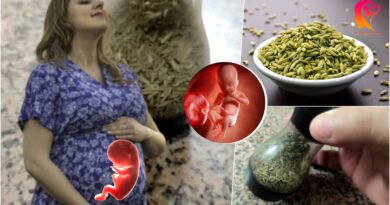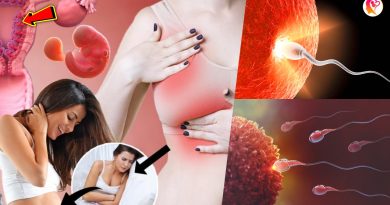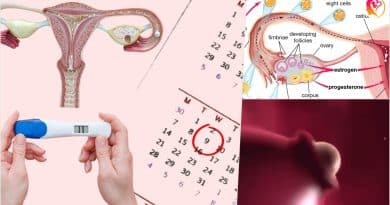Understanding Ovarian Follicles and Their Role in Fertility
इस लेख को हिंदी में पढ़िए
As a woman, you may have heard about ovarian follicles and their significance in reproductive health. In this article, we will explore the anatomy and physiology of ovarian follicles, their developmental stages, and their role in fertility. We will also discuss some common issues related to ovarian follicles and how they can affect your chances of getting pregnant.
Highlights of Article
What are Ovarian Follicles
Ovarian follicles are small, fluid-filled sacs that contain immature eggs or oocytes. They are located in the ovaries, which are two almond-shaped organs in the female reproductive system. Each ovary contains thousands of follicles, but only a small fraction of them will develop and release mature eggs during a woman’s reproductive years.
The process of follicle development and ovulation is regulated by a complex interplay of hormones, including follicle-stimulating hormone (FSH), luteinizing hormone (LH), estrogen, and progesterone. These hormones are produced by the pituitary gland in the brain, the ovaries, and other organs in the body.
Stages of Ovarian Follicle Development
Ovarian follicle development can be divided into several stages, each characterized by specific changes in follicle size, morphology, and hormonal activity. The main stages are:
- Primordial follicles – These are the earliest stage of follicle development, and they contain immature oocytes that are surrounded by a single layer of cells.
- Primary follicles – These follicles have grown larger and now have two or more layers of cells surrounding the oocyte.
- Secondary follicles – these follicles have a fluid-filled cavity called the antrum, and they are responsive to FSH, which stimulates the growth of the follicle.
- Tertiary or antral follicles – These are larger follicles that are ready to ovulate, and they produce increasing amounts of estrogen as they mature.
- Graafian or mature follicle – This is the final stage of follicle development, and it is characterized by a large, fluid-filled cavity and a bulging, protruding surface. At this stage, the follicle is ready to rupture and release a mature oocyte into the fallopian tube.
Ovarian Follicles and Fertility
The development and release of mature oocytes from ovarian follicles are essential for fertility in women. The menstrual cycle, which is a monthly cycle of hormonal changes that prepares the uterus for pregnancy, is tightly regulated by the interplay between ovarian follicles and the hormones that control them.
The optimal number and quality of ovarian follicles are critical for female fertility. Women are born with a finite number of follicles, which declines with age, especially after the age of 35. As the number and quality of follicles decrease, the chances of getting pregnant also decrease, and the risk of miscarriage and chromosomal abnormalities increases.
Some common issues related to ovarian follicles and fertility include:
- Ovarian cysts – these are fluid-filled sacs that can form on or inside the ovaries, and they can sometimes interfere with ovulation and fertility.
- Polycystic ovary syndrome (PCOS) – this is a hormonal disorder that can cause irregular periods, infertility, and other health problems. PCOS is often associated with an increased number of small follicles that do not develop properly.
- Premature ovarian failure (POF) – this is a condition in which the ovaries stop working before the age of 40, and it can cause infertility and other health issues.
Conclusion
Ovarian follicles play a crucial role in female fertility, and understanding their anatomy and physiology can help women make informed decisions about their reproductive health. By monitoring follicle development through ultrasound or blood tests, doctors can assess a woman’s ovarian reserve, predict ovulation, and diagnose any issues that may affect fertility.
Maintaining a healthy lifestyle, including a balanced diet, regular exercise, and avoiding smoking and excessive alcohol consumption, can also improve ovarian function and increase the chances of getting pregnant. If you are trying to conceive and have concerns about your ovarian health, it is essential to seek advice from a healthcare professional.




